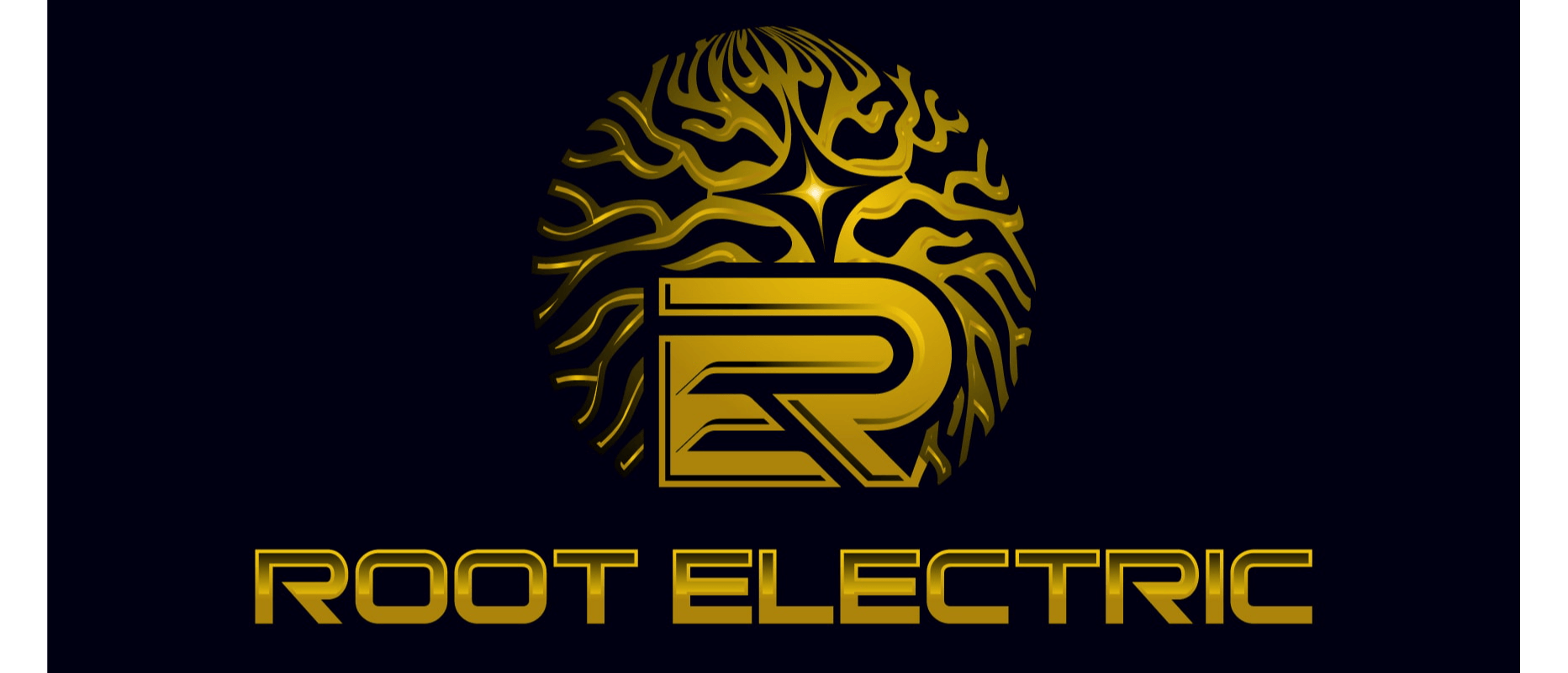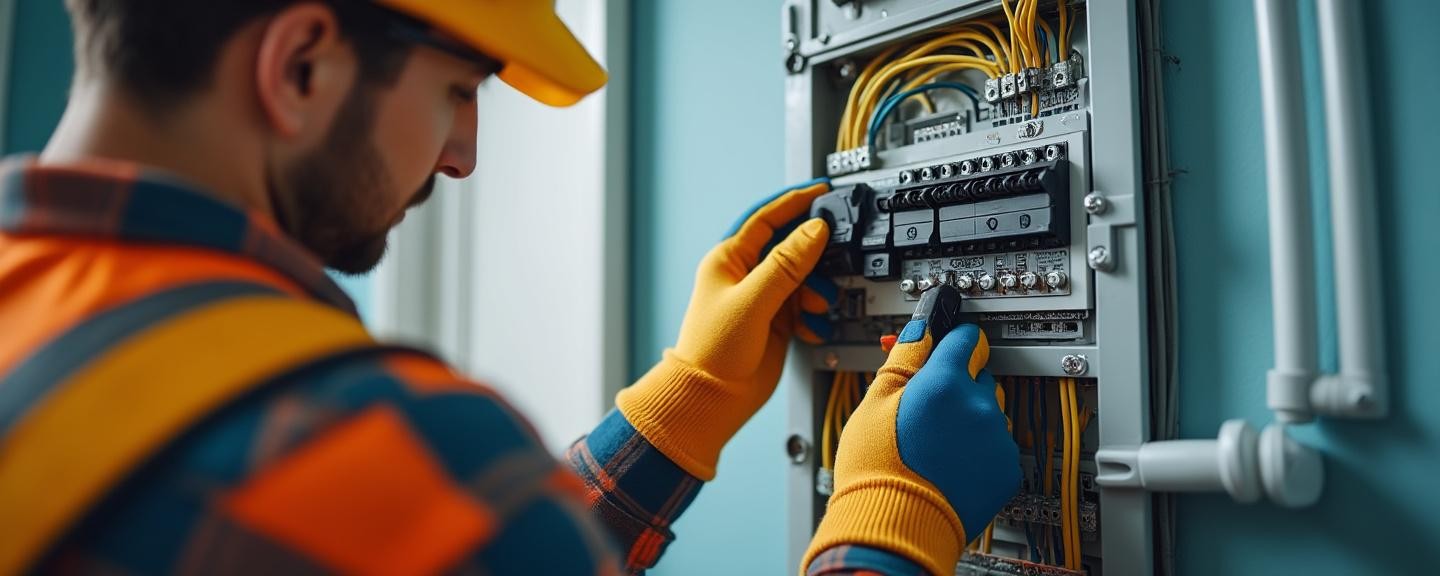Electrical safety in your home isn't just about following codes—it's about protecting your family, your property, and your peace of mind. As a Parker homeowner, understanding basic electrical safety principles can prevent dangerous situations, reduce fire risks, and help you identify when professional intervention is necessary.
Understanding Your Home's Electrical System
Your home's electrical system is a complex network designed to deliver power safely throughout your property. The main components include the electrical panel, circuit breakers, wiring, outlets, and switches. Each element plays a crucial role in maintaining electrical safety, and understanding how they work together helps you recognize potential problems before they become dangerous.
The electrical panel serves as the central hub, distributing electricity to different circuits throughout your home. Circuit breakers act as safety devices, automatically shutting off power when they detect overloads or short circuits. Modern homes typically use copper wiring, which is more reliable and safer than older aluminum wiring found in some properties.
Essential Electrical Safety Practices
Outlet and Plug Safety
Never overload outlets by plugging in too many devices or using multiple extension cords in a single outlet. This practice can cause overheating, leading to fires or electrical shock. Use power strips with built-in surge protection for multiple devices, but remember that power strips are temporary solutions, not permanent fixes for insufficient outlets.
Check outlets regularly for signs of damage, including scorch marks, unusual warmth, or loose-fitting plugs. These symptoms indicate potential wiring problems that require immediate attention. Replace damaged outlet covers promptly, as exposed wiring poses serious shock and fire risks.
Ground Fault Circuit Interrupter (GFCI) outlets are essential in areas where water and electricity might come into contact, such as bathrooms, kitchens, garages, and outdoor spaces. Test GFCI outlets monthly by pressing the test button and ensuring the outlet shuts off, then press reset to restore power.
Extension Cord Best Practices
Use extension cords only as temporary solutions, never as permanent wiring. Choose cords rated for your intended use—indoor cords for indoor applications and outdoor-rated cords for exterior use. Inspect extension cords before each use, looking for frayed wires, damaged plugs, or exposed conductors.
Never run extension cords under rugs, through doorways, or in areas where they might be damaged by foot traffic or furniture. Avoid daisy-chaining multiple extension cords together, as this increases resistance and fire risk. When storing extension cords, coil them loosely to prevent internal wire damage.
Circuit Breaker and Electrical Panel Safety
Your electrical panel requires regular attention to maintain safe operation. Keep the area around your panel clear of storage items, ensuring easy access in emergencies. Label each circuit breaker clearly so you can quickly identify which breaker controls specific areas or appliances in your home.
If a circuit breaker trips repeatedly, this indicates an underlying problem that needs professional diagnosis. Never replace a circuit breaker with one of higher amperage, as this defeats the safety mechanism and creates fire hazards. Similarly, never use coins, foil, or other objects to bypass blown fuses in older electrical systems.
Schedule professional electrical panel inspections every few years, especially if your home is over twenty years old or if you've experienced frequent electrical issues. Older panels may need upgrades to handle modern electrical demands safely.
Water and Electrical Safety
Water and electricity create deadly combinations. Never handle electrical devices with wet hands or while standing on wet surfaces. Keep electrical appliances away from water sources, including sinks, bathtubs, and swimming pools. If an electrical device falls into water, never attempt to retrieve it while it's still plugged in—turn off the circuit breaker first.
Install appropriate electrical protection in moisture-prone areas. Bathrooms should have GFCI outlets, proper ventilation to reduce humidity, and electrical fixtures rated for bathroom use. In basements prone to flooding, elevate electrical panels, outlets, and appliances above potential flood levels.
During storms, avoid using electrical appliances if there's any risk of water intrusion. If your home experiences flooding, have a qualified electrician inspect all electrical systems before restoring power.
Appliance Safety Guidelines
Large appliances require dedicated circuits and proper installation to operate safely. Never use extension cords with major appliances like refrigerators, washing machines, or space heaters. These devices draw significant power and need direct outlet connections to prevent overheating.
Maintain appliances according to manufacturer recommendations, keeping them clean and checking for damaged cords or unusual operation. Replace appliances that frequently trip circuit breakers, produce unusual sounds, or show signs of electrical problems.
When purchasing new appliances, ensure they're properly rated for your home's electrical system. Some high-powered devices may require electrical upgrades to operate safely and efficiently.
Warning Signs That Require Professional Attention
Certain electrical symptoms indicate serious problems requiring immediate professional intervention. Flickering lights throughout your home, especially when large appliances start, suggest voltage problems or overloaded circuits. Burning smells without an obvious source often indicate overheating electrical components.
Frequent circuit breaker trips, especially affecting the same circuit repeatedly, signal underlying wiring or load problems. Mild electrical shocks from appliances or switches indicate grounding issues that pose serious safety risks.
Hot outlet covers, switch plates, or electrical panels suggest dangerous overheating conditions. Sparks from outlets or switches, even small ones, require immediate attention. These symptoms can escalate quickly into hazardous situations.
Seasonal Electrical Safety Considerations
Parker's climate presents unique electrical safety challenges throughout the year. Summer heat can stress electrical systems, while winter heating demands increase electrical loads. Spring storms may cause power surges, and fall maintenance should include electrical system checks.
Before extreme weather seasons, inspect outdoor electrical installations, including outlets, lighting, and any temporary connections. Ensure proper drainage around electrical equipment to prevent water damage during snow melt or heavy rains.
Holiday decorating requires extra electrical safety awareness. Use only lights and decorations rated for their intended locations, avoid overloading circuits with decorative lighting, and inspect all seasonal electrical items before use.
Creating an Electrical Emergency Plan
Prepare your family for electrical emergencies by ensuring everyone knows the location of your main electrical panel and how to shut off power in emergencies. Keep flashlights and battery-powered radios accessible for power outages.
Establish relationships with qualified electrical professionals before you need emergency services. Research local electricians, verify their licensing and insurance, and keep contact information readily available.
Consider installing whole-house surge protection to guard against power surges that can damage sensitive electronics and appliances. This investment protects your valuable equipment and reduces fire risks from electrical surges.
When to Call Professional Electricians
While homeowners can handle basic electrical maintenance like changing light bulbs and testing GFCI outlets, most electrical work requires professional expertise. Any work involving your electrical panel, new circuit installation, or major appliance connections should be performed by licensed electricians.
Don't attempt electrical repairs if you're unsure about procedures or safety requirements. The cost of professional electrical work is minimal compared to the potential costs of electrical fires, property damage, or personal injury from improper electrical work.
Regular professional electrical inspections can identify potential problems before they become dangerous or expensive. Consider scheduling electrical system evaluations when buying a home, after major renovations, or if your home is over fifteen years old.
Electrical safety in your Parker home requires ongoing attention and respect for the power of electricity. By following these essential safety practices, maintaining your electrical systems properly, and knowing when to seek professional help, you can protect your family and property while enjoying the benefits of modern electrical convenience. Remember that electrical safety is not just about following rules—it's about creating a secure environment where your family can thrive safely.


